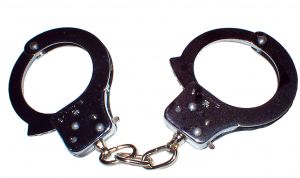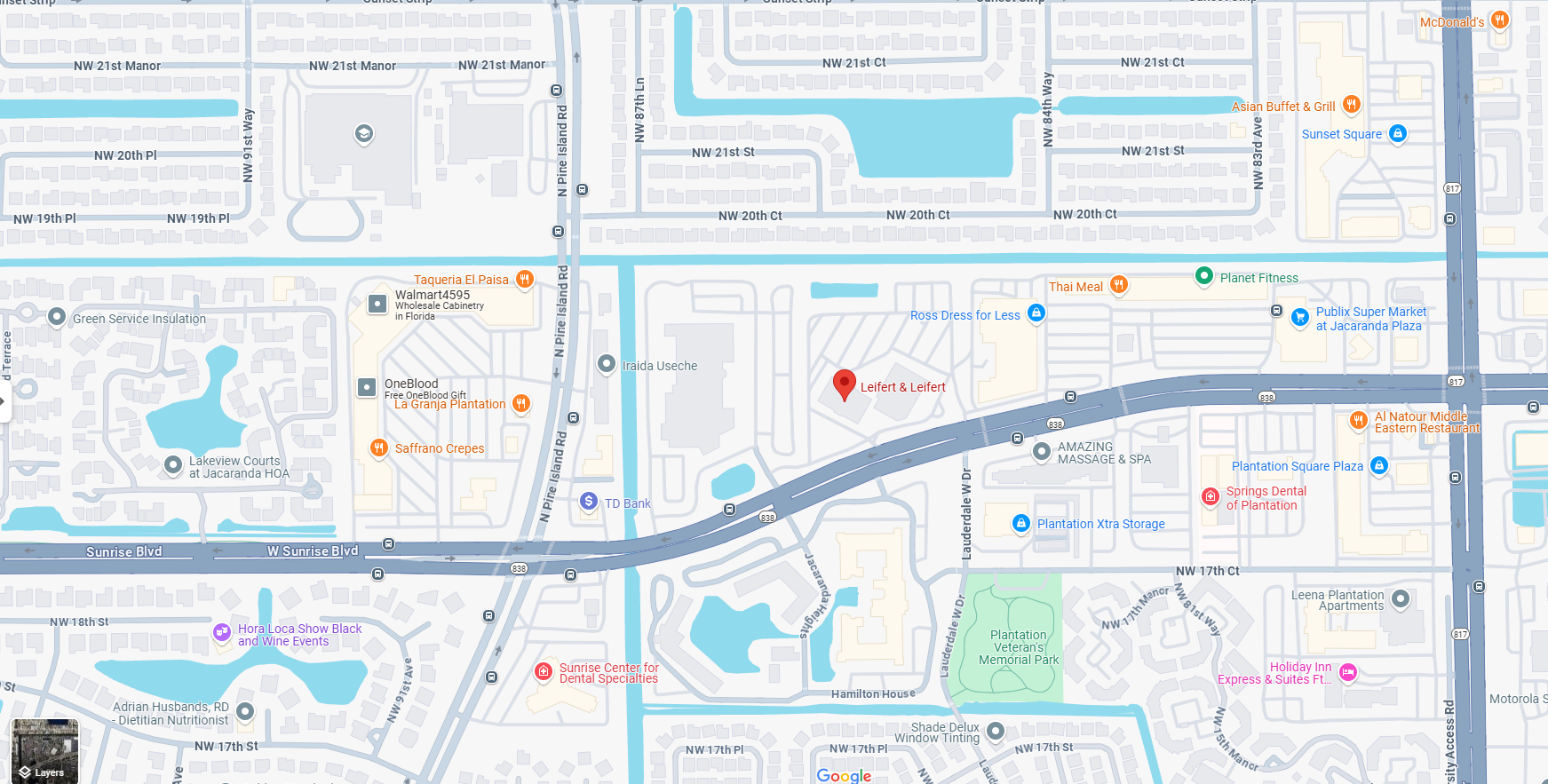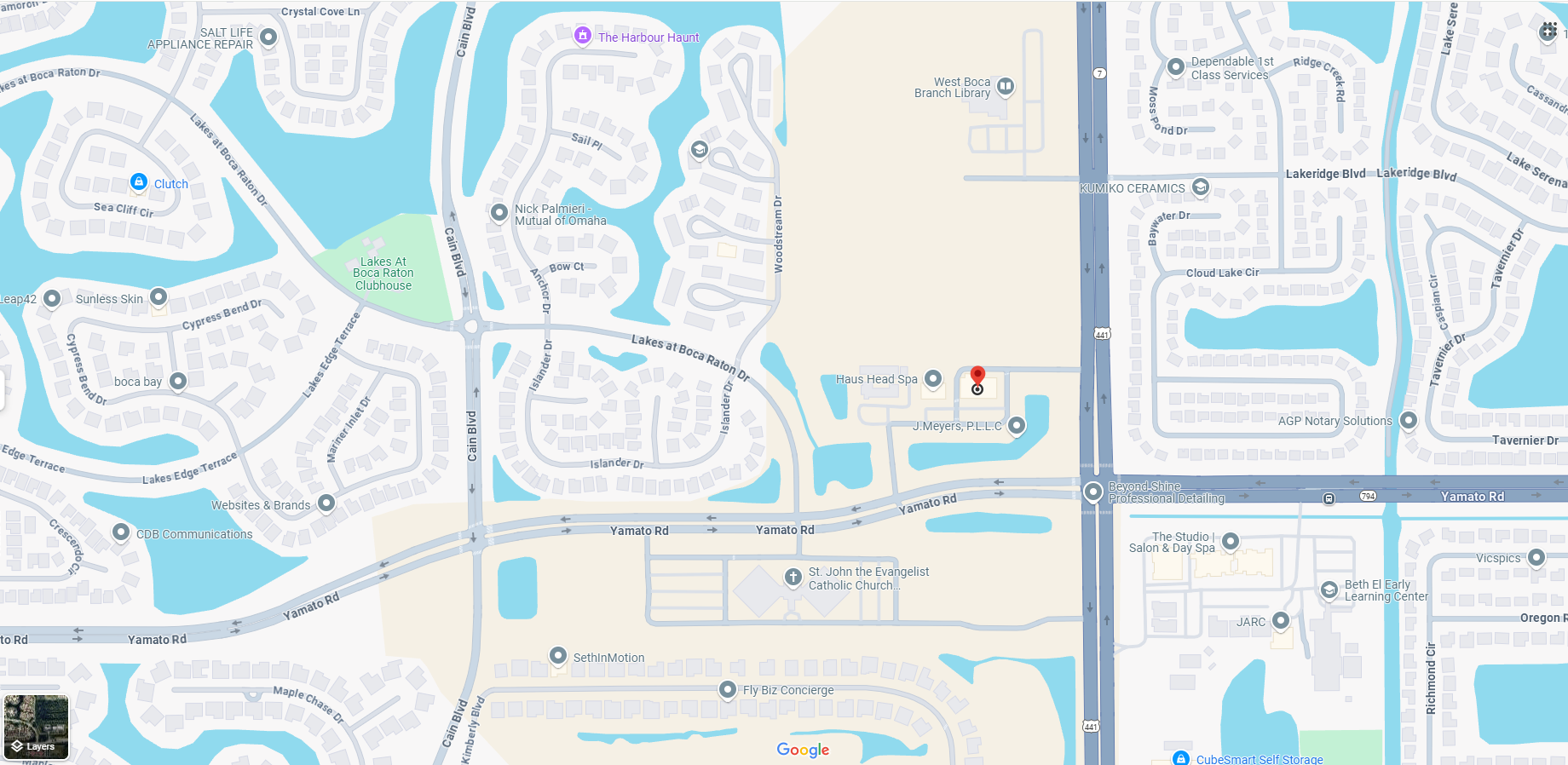Florida Drivers Aren’t Speaking to Cops at DUI Checkpoints

Our Palm Beach and Broward County DUI defense attorneys know that DUI/sobriety checkpoints are ubiquitous throughout the Sunshine State, and while they tend to pop up more during major holiday weekends, they’re still commonplace even during non-holiday times.
These checkpoints, not surprisingly, lead to an increase in DUI arrests. The problem is, however, that not everyone arrested for DUI is technically over the legal limit; police often have the authority to place an individual under arrest and haul them off to jail if they suspect impairment based on slurred words and/or the smell of alcohol on one’s breath.
As has been reported in national news recently, Floridians are increasingly becoming aware of their rights under the law — and refusing to actually speak to police officers during DUI checks.
As our DUI defense lawyers at the Law Offices of Leifert & Leifert understand, criminal defense lawyers have been encouraging Floridians pulled over for DUI to record their interactions with police, as to demonstrate the practice of refusing to open one’s mouth and speak to law enforcement officers when pulled over for DUI. Audi and video recordings of the interactions — some of which have been viewed millions of times — are important in understanding how the interactions play-out and in seeing how effective the aforementioned strategies are.
To understand why Floridians are choosing not to speak to police officers, you have to understand why it is the officers want Floridians to speak to them during these DUI checks. When a law enforcement officer tells you to roll down your window, asks for your license and registration, and then asks you where you’re headed and asks you if you’ve had anything to drink, etc., they aren’t just making chit chat, nor are they simply looking for you to incriminate yourself by stating that you’ve had something (or many things) to drink. The police officers want you to open your mouth and speak so that they can see if you’re slurring your words and/or if they can detect alcohol on your breath.
The question is, though, whether or not you’re legally required to engage with them in conversation when they pull you over, or whether you just have to show your driver’s license and registration and/or proof of insurance. In an interaction on New Year’s Eve, an individual was pulled over by a police officer, but instead of rolling down his window to speak to the officer, he displayed a clear plastic bag, containing his license, registration and proof of insurance, and a piece of paper reading “I remain silent. No searches. I want my lawyer.” The officer, none too pleased, inspected the contents of the bag and sent the driver on his way. The motivation behind not speaking to police officers at DUI checkpoints is the belief that DUI checkpoints violate the rights of motorists.
As our Palm Beach and Broward County DUI defense lawyers recognize, Florida prosecutors are arguing that the logic behind the legal theory supporting silence during DUI checkpoints is based on an outdated reading of Florida state law. According to the prosecutors, Florida law was recently changed; while it once required drivers to “display” their license to officers during a pull-over, it now says that they need to “submit” or “present” the license to officers. Whether this is definitive proof that Floridians must now physically give their licenses to officers during a checkpoint pull-over is debatable; that said, it certainly complicates the issue.
If you have any questions about this issue, or if you’ve been arrested for or charged with DUI in Palm Beach, Broward or Miami-Dade County, please contact our DUI defense lawyers at the Law Offices of Leifert & Leifert to schedule a free consultation by calling 1-888-5-DEFEND (1-888-533-3363). We look forward to assisting you.







